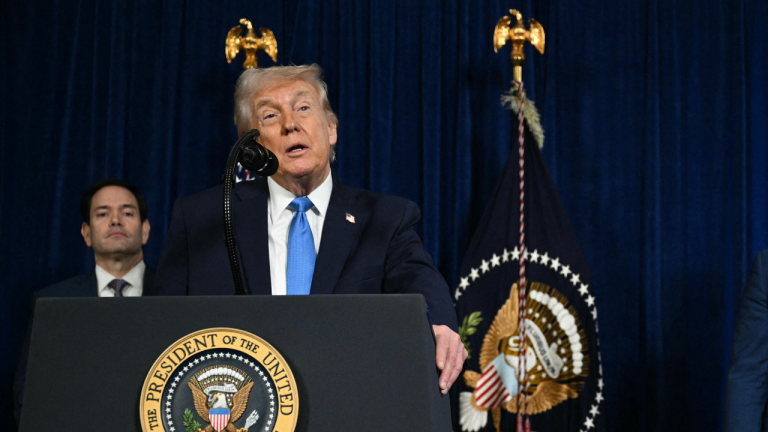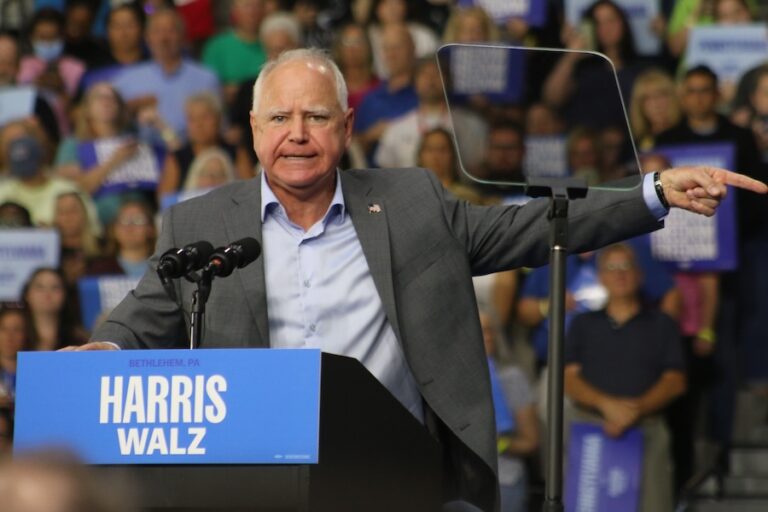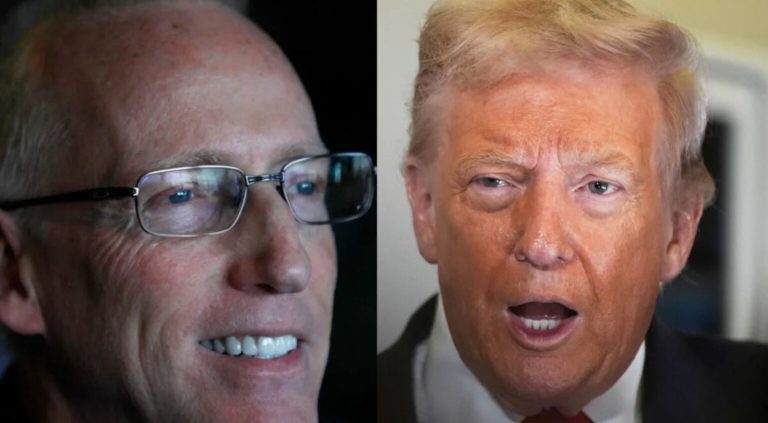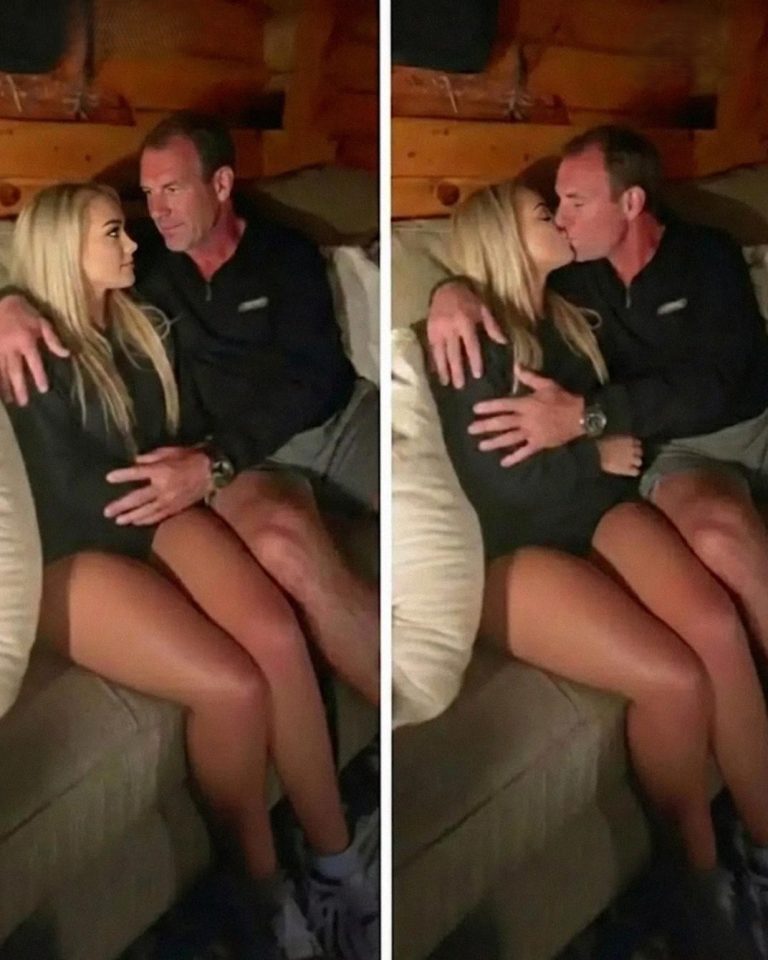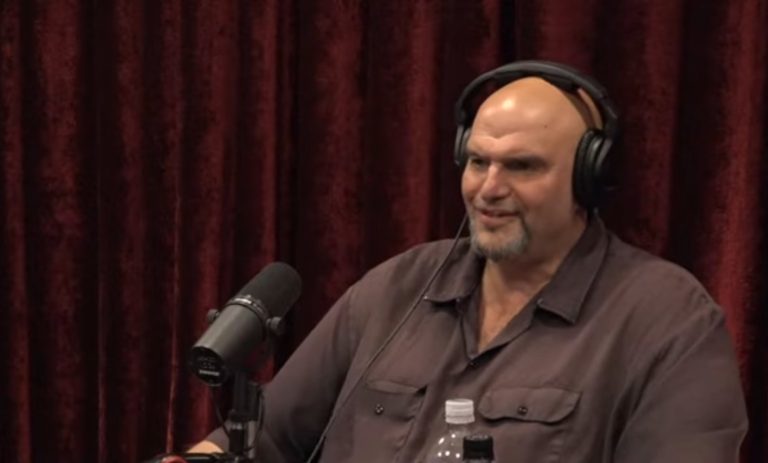
Centrist Senate Democrats are scrambling to cut a deal to reopen the government — and they’re running headfirst into a wall of fury from their own party’s left flank.
A handful of moderates, including retiring Sens. Jeanne Shaheen (D-N.H.) and Gary Peters (D-Mich.), have been quietly whipping votes for a plan they think could end the 36-day shutdown. But progressives are already unloading on the effort, and the internal turmoil threatens to blow up any breakthrough before it gets off the ground, according to senators and aides involved in the talks.
Sen. Maggie Hassan (D-N.H.) has also signaled support, giving the centrist push more weight. As one senator put it, “There’s a plan, we’ve all kind of semiagreed to it and we’re now seeing not whether [Senate Democratic Leader Chuck] Schumer will support it but whether he will not blow it up.”
So far, Democrats appear to have around eight votes — enough to crack open the door to a bipartisan deal if Republicans can hold their ranks. Shaheen, Peters, and Hassan joining forces would leave GOP leaders needing only a couple more votes to get the government funded again. Sen. Rand Paul (R-Ky.) has already rejected previous funding bills, meaning Republicans need Democratic help.
Sens. John Fetterman (D-Pa.), Catherine Cortez Masto (D-Nev.), and independent Sen. Angus King (Maine) have signaled they’re ready to move — and Sen. Jacky Rosen (D-Nev.) is seen as likely to back reopening the government, too.
But progressives are livid, accusing centrists of selling out without securing meaningful commitments on health-care costs — a key demand of Democratic leadership throughout the standoff. “To me, it looked like there were eight votes, but it could change. There’s a lot to think about,” one Democrat warned.
Rep.-turned-Sen. Elissa Slotkin (D-Mich.) made her terms clear: “When there’s a deal and we get something on health care, I’ll be ready to reopen the government.”
The emerging agreement would send Congress back to work on annual spending bills and promise a vote to extend expiring Affordable Care Act subsidies. But Senate Majority Leader John Thune (R-S.D.) put Democrats on notice, declaring that any subsidy extension “would need 60 votes” — shutting down dreams of a simple-majority shortcut.
Progressives are praying that Schumer steps in to block the centrist rebellion. As one Democratic senator grumbled, “That’s what leadership is all about… That requires a person with the hand on the tiller.”
Schumer isn’t biting — at least not publicly. “We had a very good caucus, and we’re exploring all the options,” he said after a tense two-hour lunch where moderates and liberals reportedly clashed.
Liberals hammered home their warning: cut a deal without real health-care concessions, and expect a political blowback. Some Democrats worry that caving now — without forcing President Trump to the table on health-care cost reforms — will demoralize the party’s base just as its enthusiasm begins to rebound.
“The response to that was, ‘Let’s not destroy ourselves over this,’” a source said of moderates’ plea for unity.
Bernie Sanders (I-Vt.) took the fight to the floor, blasting any plan that doesn’t secure major health-care gains. “This may well be the most consequential moment in American history since the Civil War,” he thundered, vowing, “I will not vote for a budget that throws 15 million Americans off the health care that they have. I will not be voting for a budget that doubles premiums for 20 million Americans.”
Meanwhile, negotiators are eyeing a package that would fund parts of the government into 2026 — tied to a short-term continuing resolution stretching to mid-December or mid-January. But centrists have not secured commitments from enough Republicans, and House Speaker Mike Johnson (R-La.) hasn’t promised to even put a subsidy vote on the floor.
Schumer took one more swing at Republicans as the Obamacare enrollment window opened: “We’re going to keep fighting day after day, vote after vote, until Republicans put working families of the wealthy few,” he said.
